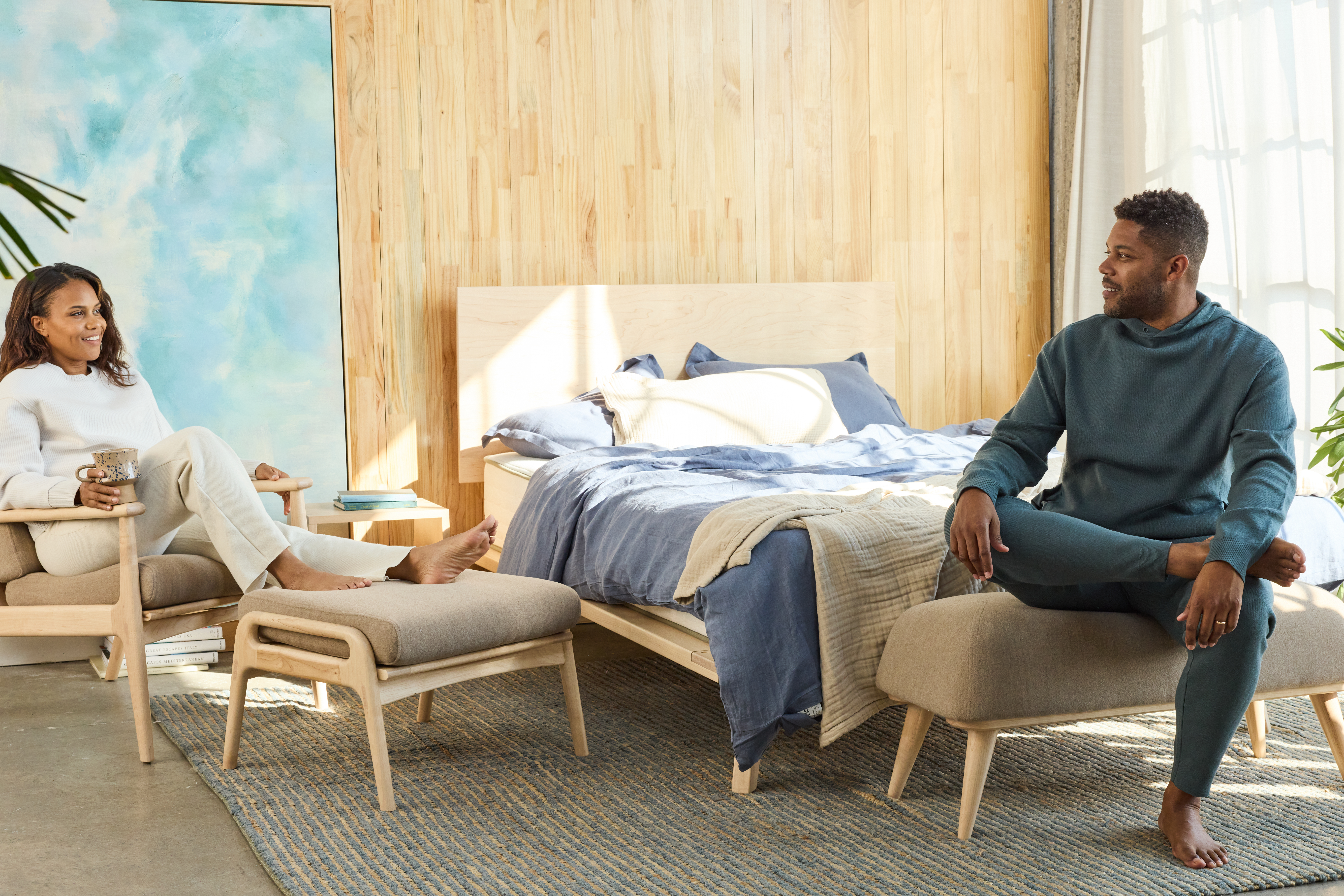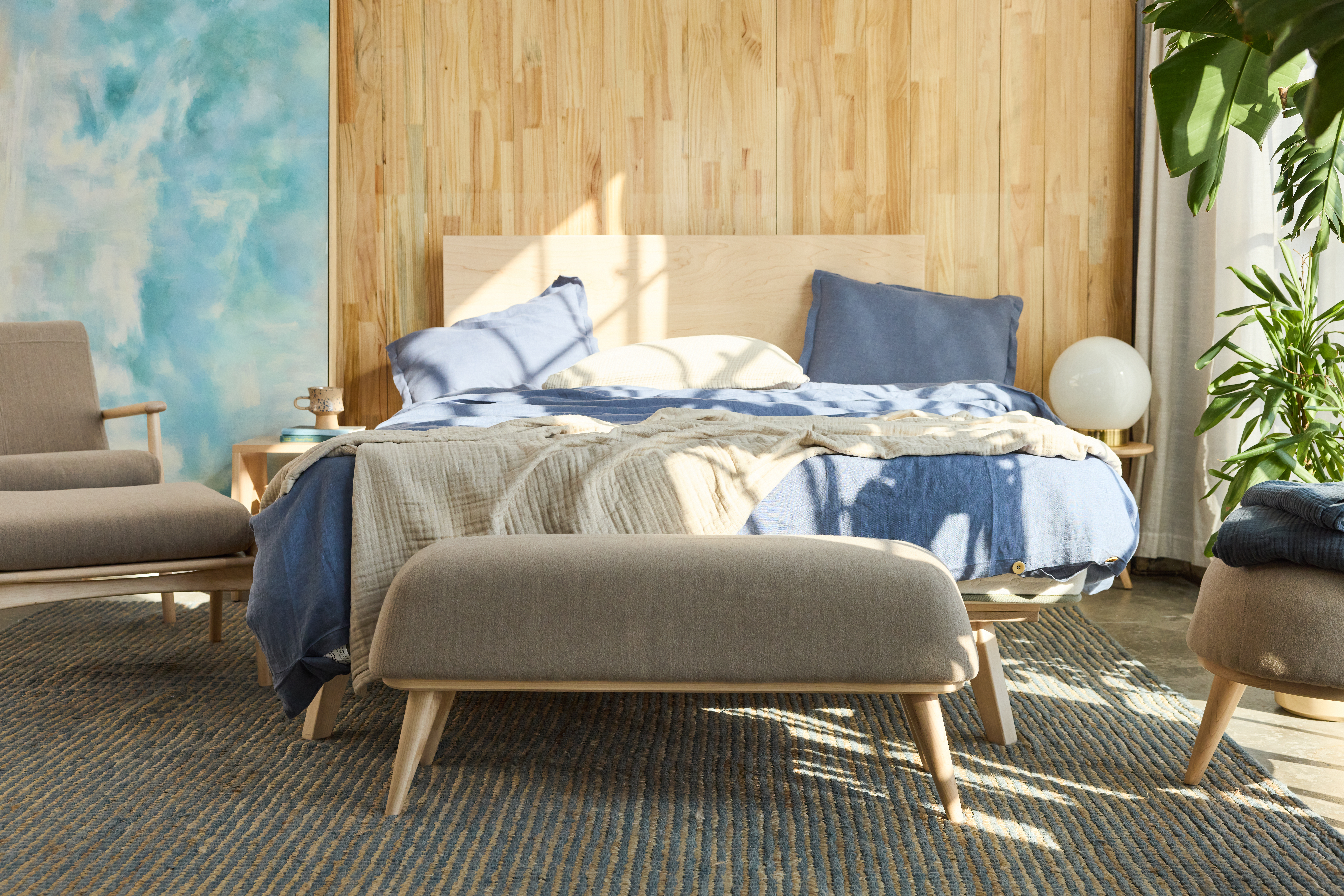Understanding your body’s natural rhythm can help you create a schedule that supports productivity and restful sleep. Here’s everything you need to know about chronotypes.
No matter how many hours of sleep you achieve, if you regularly feel tired, sluggish, or unfocused, it could be a sign your lifestyle doesn’t match your body’s internal clock.
Humans are diurnal, typically active during the day and asleep at night, and follow a 24-hour circadian rhythm in response to light exposure. Our circadian rhythm influences our sleep patterns, release of hormones, appetites, and body temperatures.
But our biological preferences are often disrupted by demanding schedules, artificial light, and access to around-the-clock stimulation. Other irregular situations, like jet lag, daylight savings time, and shift work can also throw our systems out of whack.
Researchers have linked sleep time and circadian rhythm misalignment, also called social jet lag, to health issues such as depression, anxiety, sleep disorders, addictive disorders, and cardiac diseases.
So, how do you stay in sync? Use your chronotype to your advantage. Chronotypes — the natural inclinations for when you feel alert or sleepy at certain times of the day — are part of the circadian rhythm. But instead of being influenced by light, they’re genetic.
Here’s how to discover your chronotype and make intentional adjustments to help you sleep well, feel present, and be productive.

Read more: Why Listening to Your Circadian Rhythm Is Essential to Good Health
What are the different chronotypes?
Sleep specialist and Rise Science Medical Reviewer Dr. Chester Wu says there is no scientific consensus, but he focuses on three main chronotypes.
“Research indicates approximately 40 percent of adults fall into either the extreme morning or evening categories,” says Dr. Wu. “While the remaining 60 percent occupy that intermediate space in between.”
- Morning type: Your body prefers to sleep and wake up early, and you have the best mental and physical performance earlier in the day after waking up.
- Evening type: Your body prefers to sleep and wake up late, and you have the best mental and physical performance later in the day before sleeping.
- Intermediate type: Your body doesn’t have a preference, but your best time for performance falls between late morning and early evening.
Read more: 7 Sleep Myths — Debunked
What’s your chronotype?
Do you feel the most energized before noon, in the afternoon, or at night? Take an online self-reported quiz like the Morningness-Eveningness Questionnaire (MEQ) for a general idea of your chronotype. You can also try a tracking device like RISE or keep a sleep and activity diary to observe patterns of when you feel most alert, focused, and tired.
“Based on this information, you can experiment with scheduling demanding activities during your natural peaks in alertness and plan for sleep when your body is naturally inclined to wind down,” says Dr. Wu.
It’s also crucial for your meal times, workouts, social hours, and intake of stimulants like caffeine to work in tandem so they don’t sabotage your sleep schedule.

Can you change your chronotype?
Genetics predetermine your chronotype, so you’re stuck with your patterns. But if you have a strict schedule that clashes with your innate preferences, you can shift your habits.
Take night owls, for instance. Dr. Wu says they typically have to catch up on sleep because of early mornings and short sleep durations during the work week.
To gradually reset your internal clock, he suggests shifting your bedtime, wake time, and all other major circadian cues in increments of 15 to 30 minutes every few days. Then, expose yourself to natural light or a 10,000 lux light box for 10 to 30 minutes within the first half-hour of waking, and avoid blue light before it’s time for sleep.
Read more: Why Morning Light Is Fundamental to Wellness
If the changes feel extra challenging, Dr. Wu suggests taking a strategic nap in the early afternoon for 20 to 30 minutes to alleviate any feelings of sleep deprivation.
“Consistency is key, so maintain the same sleep-wake schedule even on weekends to help solidify the change,” says Dr. Wu. “A night owl living an early bird schedule requires a continually active, intentional approach to their schedule, or it will naturally shift back.”
Have feedback on our story? Email [email protected] to let us know what you think!

Shop Pillows
The Essential Organic Pillow Collection
Gentle, breathable, non-toxic support.







